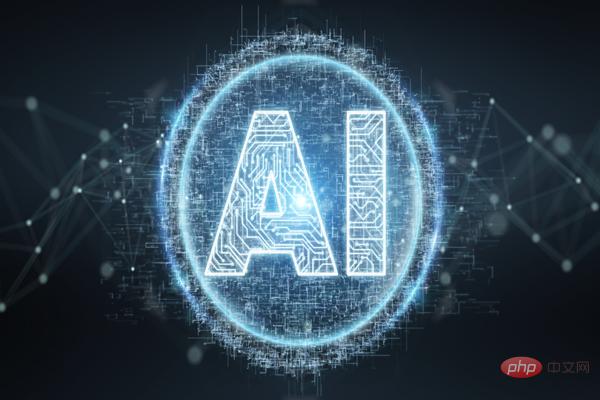
By using AI tools, marketers can choose appropriate social strategies, track audience behavior, and analyze marketing performance, allowing you to focus more on the more creative aspects of marketing operations. In this article, we’ll walk you through what you need to know about AI and how to use it to optimize your social media marketing strategy.

Using big data to describe user portraits is almost based on user volume Billions of social media platforms are stepping into artificial intelligence. When social media first emerged, friends and subscriptions were almost the only driving force. Users relied on timelines to obtain information about their subscribers and friends.
A few years ago, Twitter and Weibo successively diluted the concept of timeline through information flow optimization. Later, Facebook also used information flow to optimize social media. The biggest difference between the information flow and the traditional timeline is that content presentation is organized based on relevance and interest. What users can see, what they see first, and what they see later are all determined by the algorithm in the black box.
Based on its hundreds of millions of users, hundreds of billions of people, and nearly one trillion pieces of content, Weibo depicts a map of Chinese netizens; the data types are rich and the content is extensive. In terms of content distribution, direct recommendations are made based on relationship flows and interest flows; in content production, high-quality content is mined, automatic titles and summaries are provided, etc.
The magical wizard Steve Wozniak, who co-founded Apple Computer with Steve Jobs, was asked about his dream job When asked what the final product would be, he replied that he hoped it would be something that "gives him more time." We live in an era where a delay of just 400 milliseconds in a Google search results in 8 million fewer searches, and the speed of insight needs to increase dramatically.
Companies such as Brandwatch, which provides social media monitoring services, are trying to use artificial intelligence to reduce the time social analysts spend searching for brand data. Compared with the average 3.2 hours spent per week in the past, social analysts can now focus on more important things, and AI makes relevant data easier to interpret and more accessible to the entire organization.
Brandwatch pulls together heterogeneous data by analyzing the peaks and troughs in a chart, and then uses it to explain why a certain chart peaked at a particular moment—perhaps an article Social media articles align with news events from the same industry, attracting new audiences to the channel. These AI insights make social media marketing analytics reporting more straightforward because they take the guesswork out of social analytics.
People like to do business with brands that provide quality services. By integrating artificial intelligence into social media, audience preferences will be better understood. Artificial intelligence can create content, target ads and improve products or services to enhance user experience. It can quickly identify problem areas and fix them immediately, respond to user problem complaints promptly, and provide the best customer experience. 
If you want to stay ahead of the competition, you must understand the competition to find out the corresponding methods. AI-based analytics can accurately and quickly analyze your competitors’ social profiles. Track their reach, engagement rates, conversion rates, how customers perceive them and the effective strategies they employ. Armed with this information, you can optimize your social strategy to increase engagement and increase conversions.
Artificial intelligence helps integrate tools like social listening that can analyze social media posts at scale Articles, listen to what people are saying about your brand and discover emerging trends or new target audiences.
AI-generated consumer opinions will solidify connections with audiences and increase brand reputation and asset value. People may use your products and services in unanticipated ways, and understanding these perspectives will open up new avenues for brand promotion.
There is no doubt that with the increasing development and maturity of technology, it is inevitable that artificial intelligence will penetrate into all processes and links of the media industry. 5G, Internet of Things, big data and other technologies It will also open up unlimited space for imagination in the future of the industry. In the future "intelligent media" era, artificial intelligence may not only improve people's efficiency in obtaining information on the Internet, but also help people obtain the information they want in a better and more targeted manner.
The above is the detailed content of Artificial Intelligence in Social Media. For more information, please follow other related articles on the PHP Chinese website!




